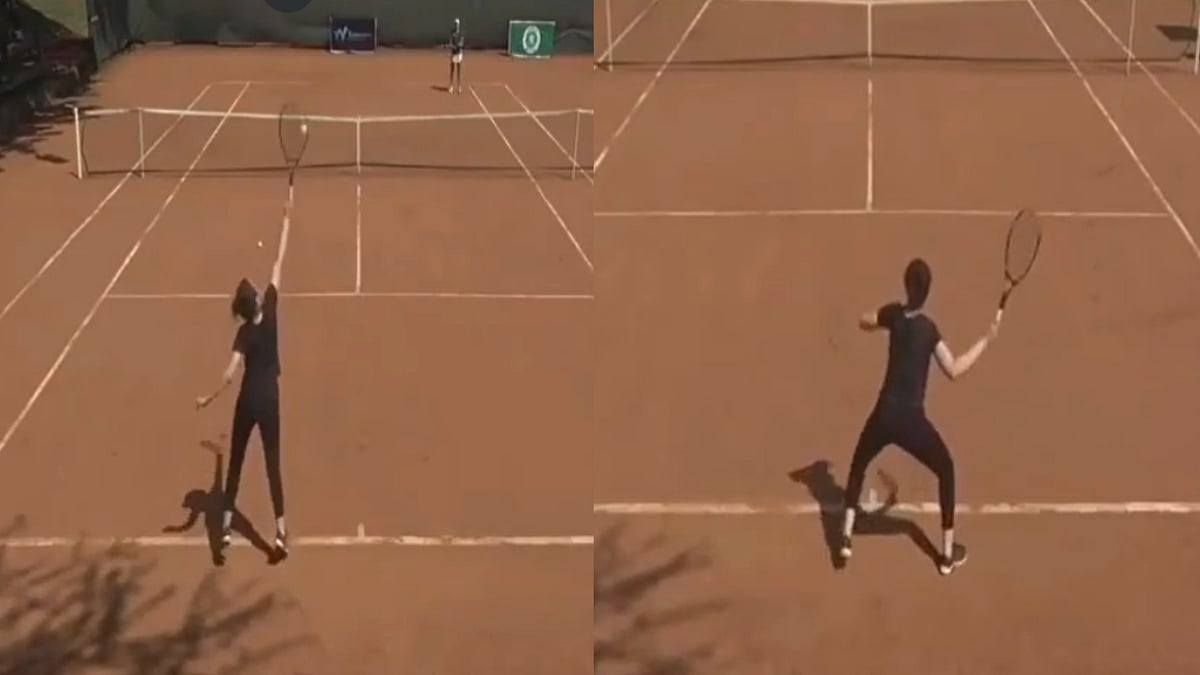There are multiple reasons for the persistent crisis in higher education in India. While many of these issues and problems have been repeatedly analysed and commented upon, one core issue that has emerged in recent years is the increasing assault on academic freedom in our institutes of higher education (IHEs) from multiple sources.
In such a scenario, I find it refreshing that Sweden-based V-Dem Institute has recently published the latest Academic Freedom Index on a global as well as at country levels. According to Professors Janika Spannagel and Katrin Kinzelbachi, it is the ‘first conceptually thorough assessment of academic freedom worldwide”. Since it is not easy to assess an abstract concept like academic freedom, it is important to know how this index captures it and its details. Accordingly, based on the above article by Spannagel and Kinzelbach, in this piece, I briefly explain the context and different indicators of the latest Index. In the next piece, I will summarise the values of Index and its indicators globally and for a few select countries including ours and reflect on the present state of Academic Freedom.
In the past decade, many attempts have been made to monitor the global state of academic freedom such as Scholars at Risk’s Academic Freedom Monitoring Project since 2013, the Global Coalition to Protect Education from Attack and at the national level, the Egyptian Association for Freedom of Thought and Expression. However, these attempts focus only on the specific incidents of repression and violence. Similarly, in Times Higher Education ranking, the existence of ‘policies guaranteeing academic freedom’ is an important indicator to assess the autonomy of universities across Europe, but this measure is entirely based on self-reporting data. Sadly, such data are routinely subject to manipulation and fail to reflect the real state of lack of academic freedom, especially in closed and authoritarian political environment where the data cannot be independently verified. Similarly, occasional surveys in different countries on the academicians’ perception of their academic freedom are necessarily selective and limited in their reach.
In contrast, the approach of V-Dem Project is based on consultation with experts to obtain comprehensive and informed assessment of a given issue in a given countries since experts are able to contextualise and integrate different types of information. (The obvious limitation of this approach is to find enough qualified and reliable experts!) The approach tries to identify elements which are considered essential to reflect the multi-faceted nature of academic freedom, in practice. Accordingly, its five key indicators are: a) freedom to research and teach, b) freedom of academic exchange and dissemination, c) the institutional autonomy, d) campus integrity and e) freedom of academic and cultural expression. These indicators are chosen because they are comparable across different university systems around the world and are also specific to the academic sector. To measure Academic Freedom Index, each indicator is assigned a value between 0 and 4 by the expert on a country-year basis.
The approach considers all undue interference by non-academic actors, such as politicians, businesses, foundations, other private funders, religious groups, etc. as infringements on academic freedom. However, restrictions set by the academic community itself such as research priorities, setting ethical and quality standards in research and publication are not considered as interference.
The approach recognises that there can be significant variations in levels of academic freedom between different institutions and regions within a country as well as likely variations between disciplines such as between social sciences and natural sciences – it is presumed that under authoritarian conditions, social sciences are typically under stricter control by the state - and between profitable and non-profitable sectors – financially profitable sectors are likely to be more exposed to the influence of corporate money. This approach also distinguishes academic freedom from the freedom of expression in general. Important dimensions of academic freedom - the freedom to research and teach, institutional autonomy and the freedom to exchange research findings with other scholars – cannot be subsumed under freedom of expression.
For each indicator, data are gathered from multiple, independent experts. In fact, each single aggregate country-year index data point is based on an average of 10 independent experts.
For the first indicator, the quality and the range of interference and restrictions are important: whether they are consistently applied across all disciplines or only some disciplines are targeted. For the second indicator, the approach focuses on the freedom to discuss and disseminate research findings among not only with their fellow scholars but also freely with the general public. The institutional autonomy measures the extent to which the university remains in-charge of decisions regarding its internal governance, finance, administration, research choices and other similar issues. Campus integrity means the preservation of an open learning and research environment marked by an absence of a deliberately, externally induced climate of insecurity or intimidation on campus like politically motivated and targeted violence by third parties to repress academic life on campus. Finally, freedom of academic and cultural expression indicates freedom of expression in relation to political issues. It is largely independent of other four indicators.
To realise these freedoms, it is critical to know whether in a given country, there exist constitutional provisions for the protection of academic freedom and whether the state has made international legal commitments to academic freedom under the International Covenant on Economic, Social and Cultural Rights.
Vrijendra taught in a Mumbai college for more than 30 years, and has been associated with democratic rights groups in the city









